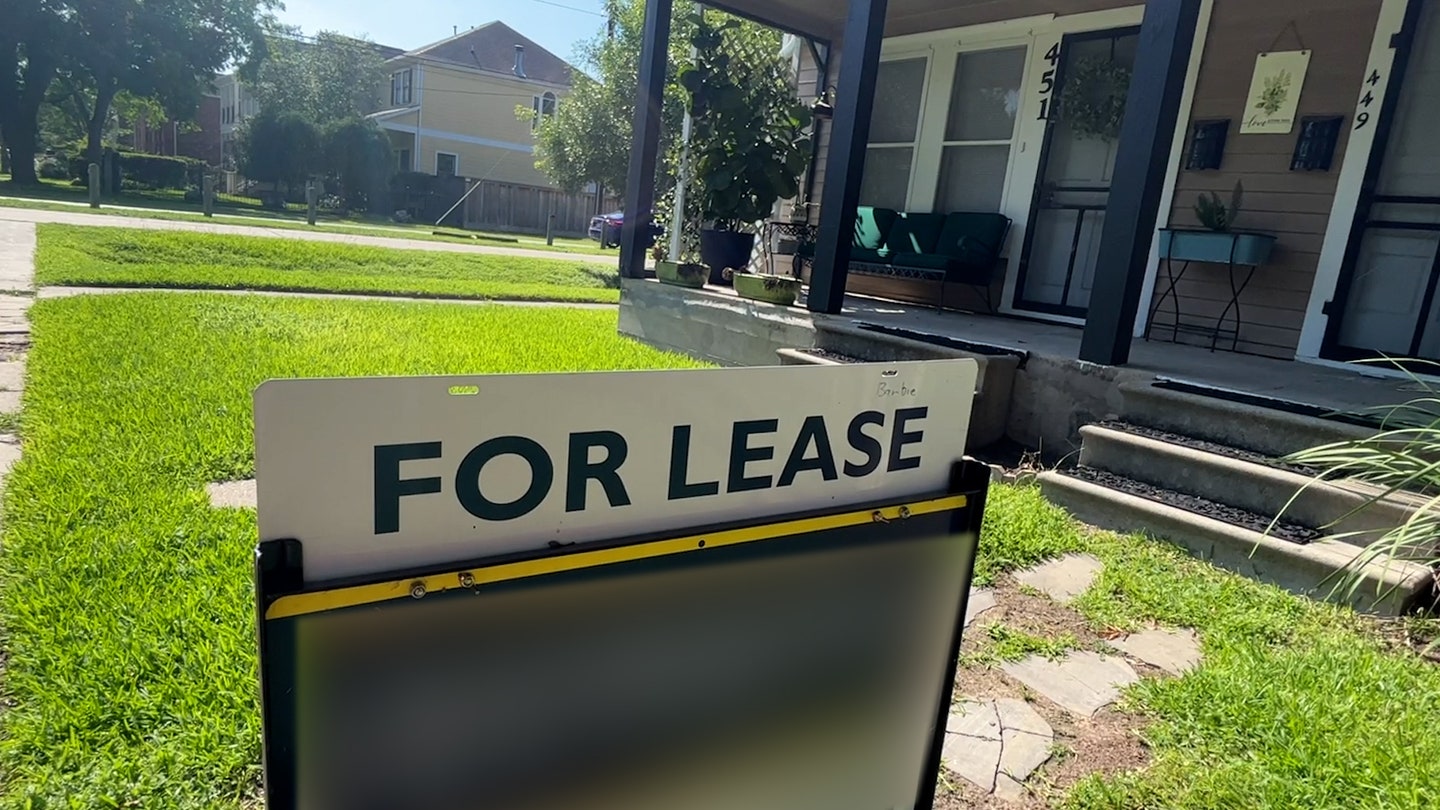TikTok star Taylor Price shares why she started helping younger generations manage their money and the best tips for financial freedom.
A new poll from Bank of America finds that nearly half of Gen Z adults are relying on financial help from their parents and family members to get by.
The survey for the Bank of America Better Money Habits team found that 46% of Gen Z are getting financial assistance from parents or other family members, a figure that drops to 30% for Gen Z non-students.
Holly O’Neill, president of retail banking at Bank of America, told reporters on Tuesday that, “General Zs are coming out and becoming independent, so I think if I wanted to see progress in one category, it would to be… Z becomes more independent from family and friends.”
“Maybe I’m biased because I have three Gen Zs that I’m trying to get independent, but I think that’s a sign that they’re setting a budget and meeting that budget, so that’s an area that I’m going to I like to see some progress,” O’Neill said.
CREDIT CARD DELINQUENCIES ARE GROWING – AND GROWING FASTER IN THIS CALIFORNIA TOWN
More than half of Gen Z respondents said they are getting financial help when counting parents and family, as well as friends and the government. (Photo by: HUM Images/Universal Images Group via Getty Images / Getty Images)
In addition to 46% of Gen Z receiving financial support from their parents, another 3% said they are receiving help from friends while 9% said they are receiving funding from the government, meaning 54% of Gen Z are receiving some form of financial aid.
Of those who received financial assistance, 32% received $1,000 per month or more, while 44% received less than $500 per month. Non-student Gen Z respondents received smaller amounts, as only 22% said they are receiving more than $1,000 per month and 55% said they receive less than $500 per month.
Gen Z members who receive financial aid said they use the money to help pay for things like groceries and toiletries (57%), rent and utilities (53%), phone plans (53%) and health insurance payments (49%).
YOUNGER GENERATIONS OPEN TO RETURN TO FRIENDS, FAMILY TO ACHIEVE HOME OWNERSHIP

The Bank of America survey found that nearly half of Gen Z are getting financial help from their parents and family. (Smith Collection/Gado/Getty Images / Getty Images)
The survey also found that more than half of Gen Z, 52%, do not earn enough money live the life they want because of the high cost of living. To cope with rising costs, 43% of Gen Z reported cutting back on dining out, 27% skipped events with friends, 24% switched to more affordable grocery stores and 21% started using a budget.
Over half of Gen Z, 54%, said they don’t pay for their own housing. Of the 46% who do, 64% reported that more than 30% of their monthly salary goes towards housing while 23% said that 51% or more of their salary goes towards housing. housing costs.
A 57% majority of Gen Z respondents said they don’t have enough emergency savings to cover three months of savings – in line with Bank of America’s findings of 56% in 2023 and 55% in 2022.
GEN Z CARRY OUT MORE DEBT THAN MILLENNIALS AND GROW MORE DEBT

Over half of Gen Z respondents said they are not paying for their housing, according to the survey. (Joy Addison/Fox News/Fox News)
“They’re also lagging some of what we would think are traditional indicators of financial progress,” O’Neill said. “So, 50% say they are not on the right track buy a house in the next five years, 46% say they won’t be able to save for retirement and 40% said they’re not on track to start investing.”
“Some of that is to be expected, these Gen Zs are 18 to 27 years old, so think about that age — if you’re 18, obviously in five years, buying a house can be difficult, O’Neill said. “But they’re taking active management of their financial lives, they’re delaying some of these things until they’re ready.”
GET FOX BUSINESS IN ALBANIA by clicking HERE
As for the actions Gen Z members looking to improve their financial situation should take, O’Neill offered three key steps to take.
“As we talk about putting ourselves on a path to financial health, these are three of those critical moments – managing our day-to-day expenses; making and keeping a budget; and then construction and managing your credit“, said O’Neill.